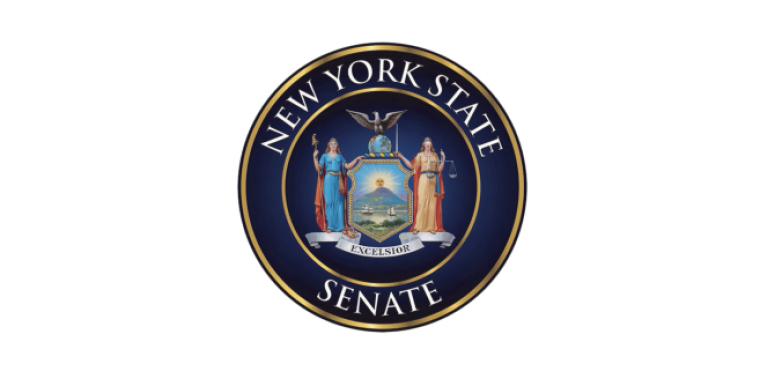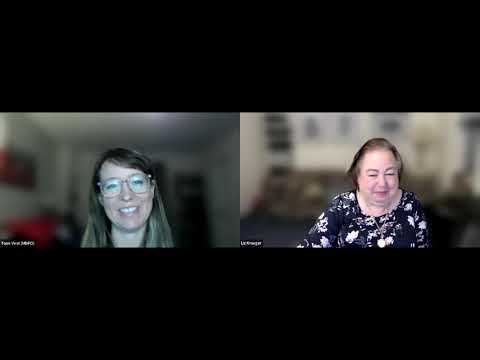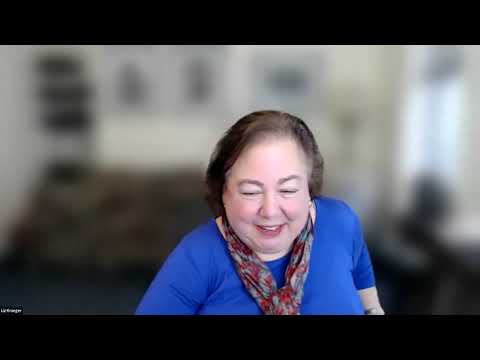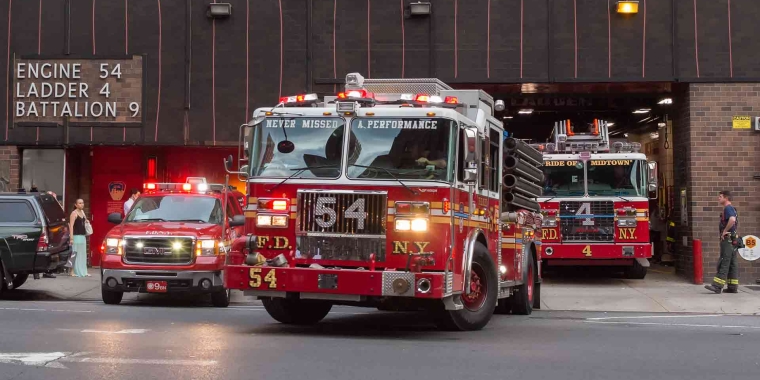
Testimony at the City Council Oversight Hearing on Administration of the 2012 General Election
Liz Krueger
December 5, 2012
Sen. Krueger offered this testimony at the New York City Council's oversight hearing regarding election-day problems in the 2012 general elections and needed reforms to improve election administration and protect New Yorkers' right to vote without hindrance.
Testimony of State Senator Liz Krueger
Before the New York City Council Committee on Governmental Operations
Regarding Evaluating the Board Of Elections’ Performance in the 2012 General Elections
December 5, 2012
Good Morning. I am State Senator Liz Krueger, and I represent Manhattan’s Midtown and East Side communities. I am here today to testify regarding the chaos that occurred at poll sites both in my district and throughout the city on Election Day. I will also offer some ideas as to what changes, both legislative and internal to the Board of Elections, should be considered to ensure that New York has an election system worthy of our democracy.
When I read the comments from Board of Elections officials saying the Board did “an excellent job” and “managed to conduct a successful election,” I felt as if we must not have been living in the same universe. What my constituents experienced on Election Day was simply unacceptable:
- Lines of two or three hours, and in some cases even longer.
- A shortage of pollsite workers and workers who were not adequately trained.
- A shortage of ballots and other materials.
- Broken machines.
I know that many voters were disenfranchised in New York City because of these issues. People who couldn’t wait or were incapable of standing in line for multiple hours, lost their opportunity to vote. Others cast affidavit ballots that would be invalidated because there were no affidavit envelopes to put them in. To call an election “successful” when this kind of systematic disenfranchisement occurs shows how out of touch our election administrators are with their basic responsibilities.
I observed many of these problems firsthand at sites in my district, and I have also heard directly from a great many voters who experienced similar problems with voting. I have also heard from and met with Election Day workers, who gave me a view of the problems they faced in getting the basic support they needed at their pollsites to effectively conduct this election. I have compared notes with other colleagues from Manhattan and the rest of the City. I can confirm that other jurisdictions throughout the state reported some similar election-day issues, but few as rampant as our own
I have been a candidate for office in seven General Elections here in Manhattan, including 4 presidential elections. While there have always been issues, they never approached the level of this year’s election. While Hurricane Sandy certainly made things more difficult for the Board, the problems with this election extended across the City, and were hardly limited to areas still recovering from Sandy.
I even had inklings before the election – and before Hurricane Sandy – that the Board was woefully unprepared to fulfill its responsibilities. In the weeks before the election, I received many calls from constituents trying to find out information about why they had not received absentee ballots. They could not speak to anyone at the Board because their phone trees all seemed to lead to full voicemail boxes. My staff and I tried to get a response from the Board and our emails and phone calls were ignored for weeks.
It is clear that we need to fundamentally change the process and administration of elections in our city. There are certainly many obstacles on the road to reform – but it is time to clear them. This election must be the wakeup call that pushes us to consider every option and demand deliberate but decisive reforms to improve our election process. Below are a number of possible state legislative changes that I will be exploring. Some of these ideas may be controversial, but everything should be discussed and everything should be on the table.
Early in-person voting / mail-in voting / no-excuse absentee voting: One way to address problems at poll sites is to reduce our dependence on them in the first place by pursuing additional, alternative methods of registering votes. Thirty-two states now allow some form of early and/or mail-in voting. I carry legislation (S. 424) which would establish a feasibility study of mail, telephone, and internet voting, and there are multiple proposals to remove constitutional barriers to no-excuse absentee or mail-in voting.
We certainly should eliminate restrictions on absentee or mail-in voting, but I personally believe that we should go further and implement a robust early in-person voting system comparable to those implemented in Ohio and Florida. Several of my colleagues in both houses of the legislature have sponsored legislation to allow in-person early voting, including Senator Joe Addabbo (S. 1556), Senator Kevin Parker (S. 1724), Assemblymember Karim Camara (A. 4120), and Assemblymember Rory Lancman (A. 293).
In addition to taking some of the pressure off of Election-Day poll sites, early in-person voting also avoids some of the concerns about ballot security and ballots being invalidated due to voter error that are often raised with mail-in systems. Voting could take place at Board of Elections offices and satellite locations throughout the city, both on weekdays and weekends leading up to the election. This would make participation in elections more convenient for all voters, while reducing the pressure on Election Day that contributes to long delays at the polls. Early in-person voting also has an immediate practical advantage over loosening restrictions on absentee or mail-in voting: it may be permitted through simple legislation, and does not require an amendment to the state constitution.
I am convinced, however, that without addressing the fundamental problems afflicting the Boards of Elections, they would have similar problems effectively administering high levels of early voting or alternative voting methods. Therefore I want to offer a number of proposals for fundamentally rethinking election administration. While these proposals will be difficult to accomplish, we must try to build political momentum behind change, as the consequences of allowing our elections to continue to be conducted in the same way they were on November 6th are simply too great.
Professionalization of the Board of Elections: The New York City Board of Elections is a rudderless ship, incapable of filling its Executive Director position for over two years. The political appointment process for filling both Board and staff positions does not establish any official qualifications for positions. I strongly believe that legislation is needed to set such standards.
- Qualifying Examinations for Staff. One mechanism for doing this would be to require board staff to be hired through a civil service process with qualifying exams, as is true for most other city and state workers. A competitive civil service examination system would go a long way toward ensuring that Board officials have the skills they need to do their jobs.
- Qualifications for Board Members. Similarly, basic qualifications could be established for board members themselves. This change could be accomplished without necessarily changing the current appointment process for board members. County chairs could still appoint such members, but their appointments would have to meet basic professional standards. This might require a constitutional amendment, and one has been proposed by Senator Daniel Squadron and Assemblymember Brian Kavanagh (S. 90 / A. 10757). This amendment would allow the legislature to establish additional requirements for election officials.
A more drastic change would be to establish a non-partisan Board of Elections. Our state constitution currently establishes the state and local Boards of Elections as bipartisan in an effort to ensure they are not biased against either of the two major parties. Minor parties have long complained about this arrangement, but my major concern with it is that it has resulted in a system where officials and employees are chosen on the basis of party loyalty rather than administrative competence. I have doubts that a non-partisan system that has worked in other states could be successfully implemented in New York, as our relatively strong party system might well result in boards that become non-partisan in name only. However it is worth at least considering if it is time to scrap the current system, a holdover from a bygone era, in favor of a nonpartisan election administration agency.
The major obstacle to such a change is that it would require an amendment to the New York State Constitution, which would need to pass in two successive sessions of the legislature and then receive the voters’ approval in a referendum. But if we start the process in this coming legislative session, it could be implemented before the next presidential election – so the time to discuss this proposal is now.
While all of these proposals have benefits and risks, my underlying point is that we simply must not accept the status quo. Our election administration system failed us on November 6th. Perhaps the fact that these failures were so obvious will help build the political will for fundamental change that will result in a more professional election process that encourages greater voter participation, rather than erecting barriers to voting. I will be working with my colleague in Albany to develop and pass legislation to bring about such a system.
Share this Article or Press Release
Newsroom
Go to Newsroom


